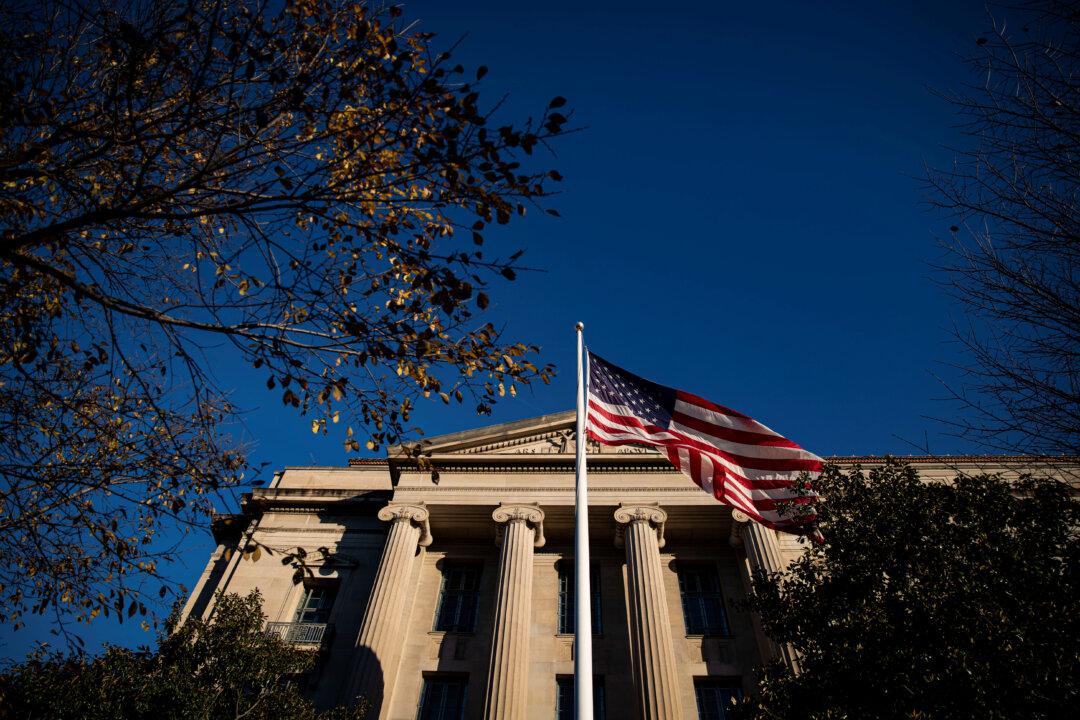The Justice Department (DOJ) gave notice on Feb. 27 to a federal judge that it intends to appeal his ruling that found the federal government doesn’t have the authority to issue a nationwide eviction moratorium.
“The Department of Justice respectfully disagrees with the February 25 decision of the district court in Terkel v. CDC that the CDC’s eviction moratorium exceeds Congress’ powers under the Commerce Clause and the Necessary and Proper Clause, and the Department has appealed that decision,” Brian Boynton, acting assistant attorney general for the DOJ’s Civil Division, said in a statement.




